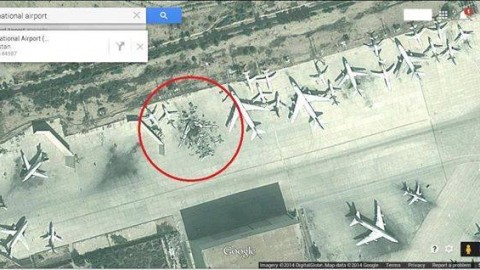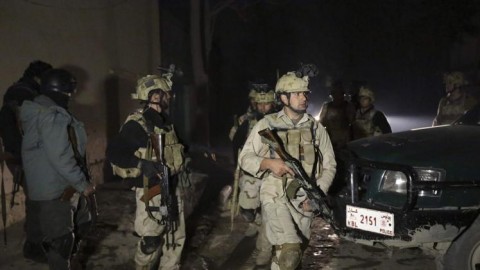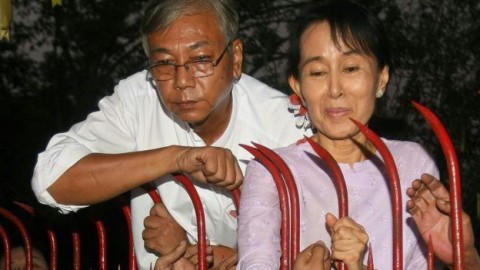
A Turkish court has ordered blocks on the popular social networking sites, Twitter and YouTube. The order has come into effect after the sites have shared pictures of a hostage taken in during an armed siege conflict, last week.
The blocks have been imposed owing to a couple of images of a ruthless siege that were being shared via the social networks on the global level. In the siege, two gunmen reportedly from a far-leftist group took a prosecutor as a hostage at Istanbul central courthouse. All three were reportedly dead in a shootout that followed when the police stormed the building, in an after-event rescue operation.
The Turkish authorities had moved to stop the fourth estate or the press for printing images clicked at the time of siege, before implementing the ban.
The newspapers and other print media had been accused by the government officials of ‘disseminating terrorist propaganda’ for the DHKP-C group that was reportedly behind the attack on the courthouse. The DHKP-C is considered a militant outfit by the nation, the European Union and America.

Meanwhile, social media users have tried to posting and uploading content on these platforms, but to no avail as the sites remain blocked.
However, the ban has not stopped people from tweeting. Newspapers, individuals and other organisations have shared guidelines on the removal of the ban.
‘#TwitterisblockedinTurkey’ trended as the hot topic worldwide.
The Turkish government clearly doesn’t seem to be very supportive of the social networking sites. Last year, just before the local assembly polls, access to Twitter and YouTube were also banned. Meanwhile, “The wife and children of prosecutor Kiraz have been deeply upset. The images are everywhere,” a senior Turkish official told the Reuters news. A total number of 166 websites that are supposed to have shared the pictures had been blocked by the court verdict.
This, however, is not the first time that Turkish officials have imposed such blocks on social networking sites. Twitter statistics reveal that Turkey filed more requests to remove content from the social network than any other nation between July and December 2014.
Tags: Turkey twitter YouTube








